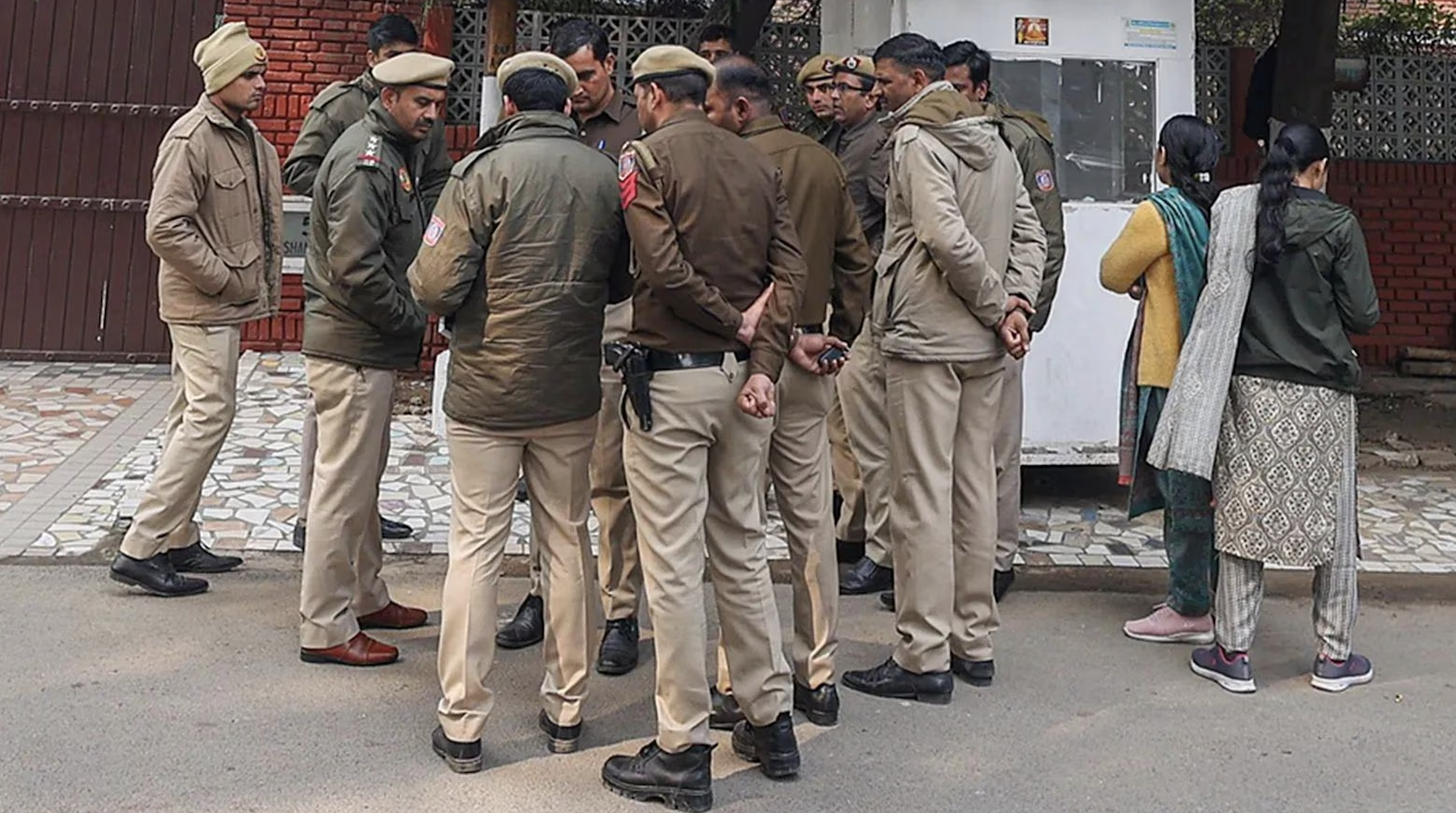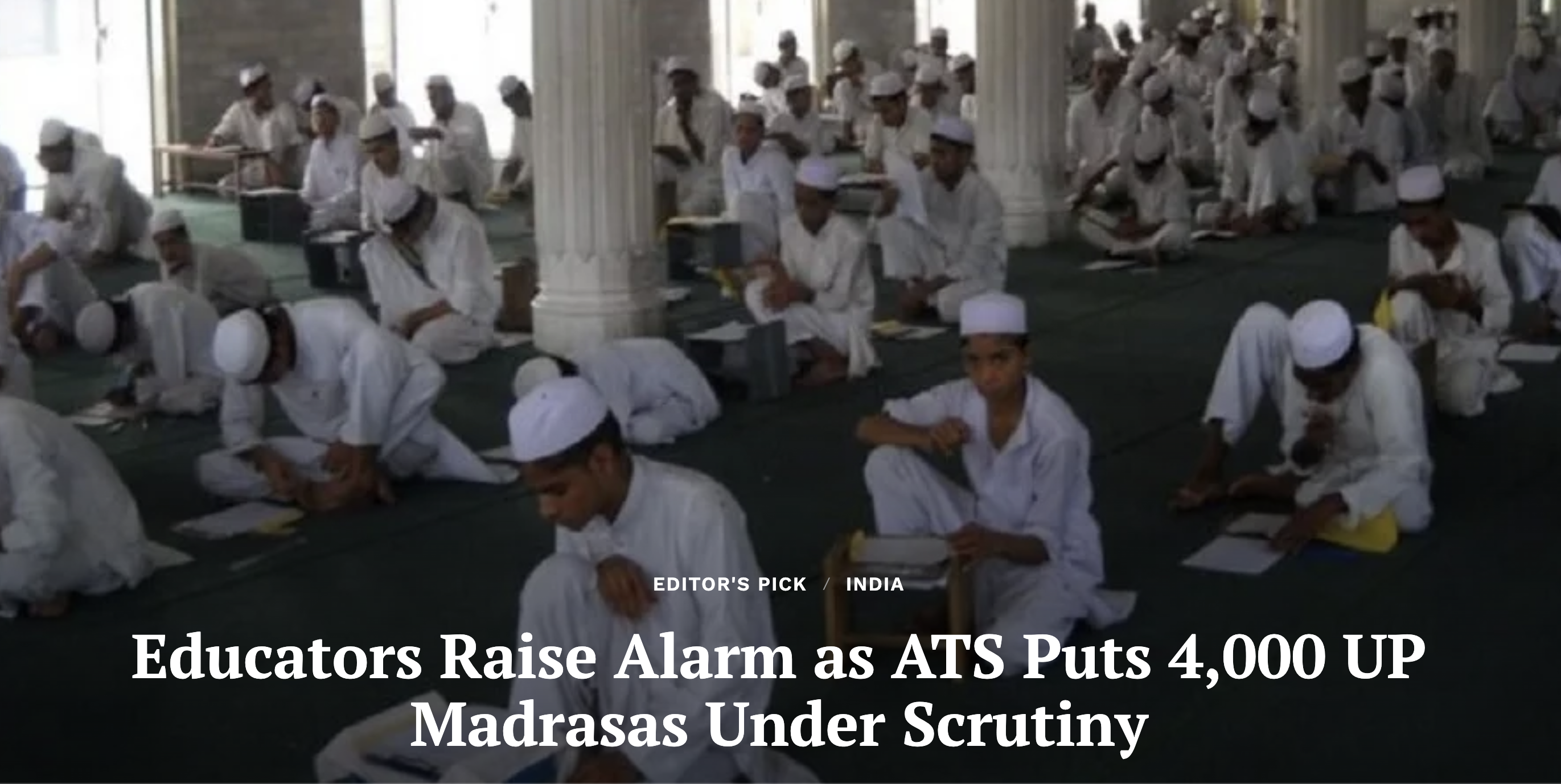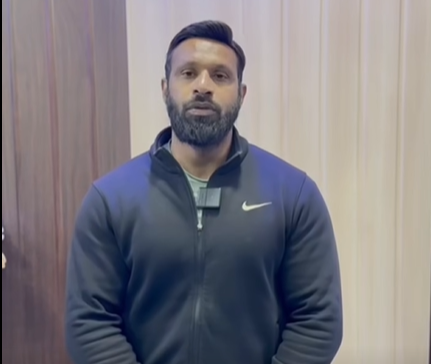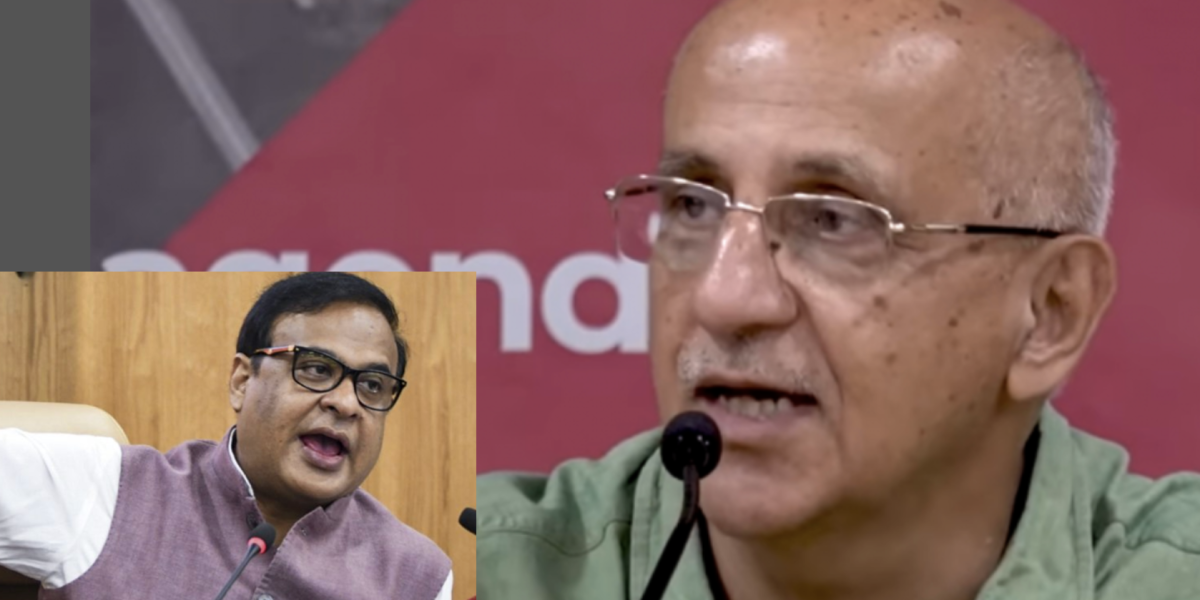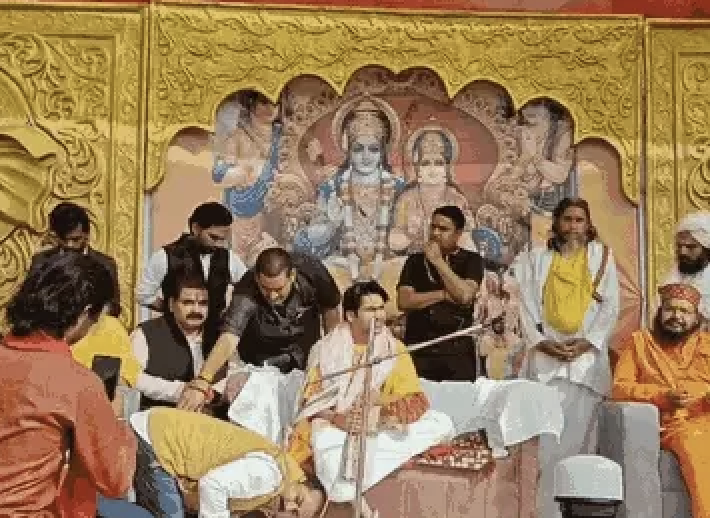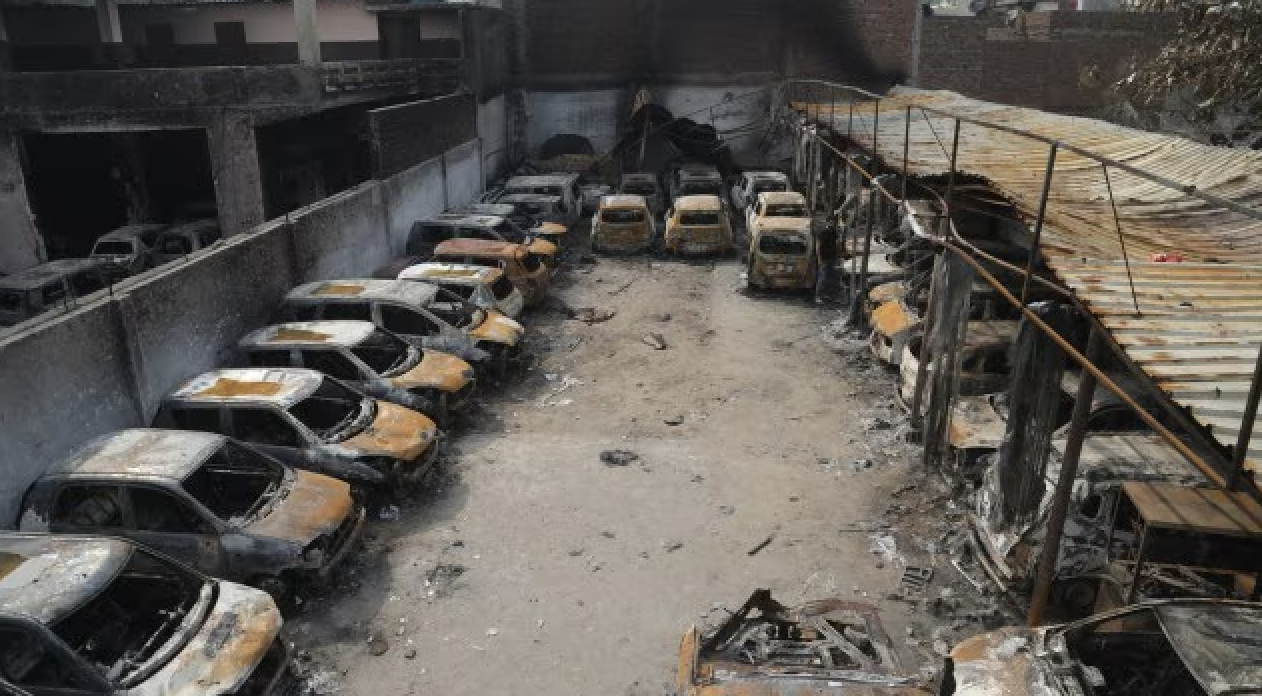
WhatsApp chats cannot be “substantive evidence”, a Delhi court has ruled in five murder cases lodged during the 2020 Northeast Delhi riots. It ruled that these chats can at best be used as “a corroborative piece of evidence”.
In all five cases, where the 12 accused are common, the prosecution had relied heavily on WhatsApp chats as evidence.
These are among nine cases filed in connection with the murder of nine men, whose bodies were recovered a week after the riots. Of the remaining four cases, one has ended in acquittal, and three are at the stage of final arguments and statements of the accused.
A total of 53 people died and over 500 were injured in the riots.
In all five cases, the Delhi Police primarily relied on the chats of a WhatsApp group named ‘Kattar Hindu Ekta’; multiple chargesheets filed by the police also named this group.
According to the chargesheet, one of the accused, Lokesh Solanki, allegedly wrote on the WhatsApp group: “Your brother has killed 2 Muslim men at 9 o’clock.” Solanki’s questioning had led to the arrest of other persons, who were eventually accused of the nine murders.
Acquitting the accused, Additional Sessions Judge (ASJ) Pulastya Pramachala of Karkardooma Court noted in all five orders: “Such posts may be put in the group solely with the intention of becoming a hero in the estimation of other members of the group. It could be a boast, without truth. Therefore, the relied upon chats cannot be substantive evidence to show that the accused… had actually killed two Muslim persons. These chats at the most could be used as a corroborative piece of evidence.” The police relied on the same chats in all nine murder cases.
This story was originally published in indianexpress.com. Read the full story here.


